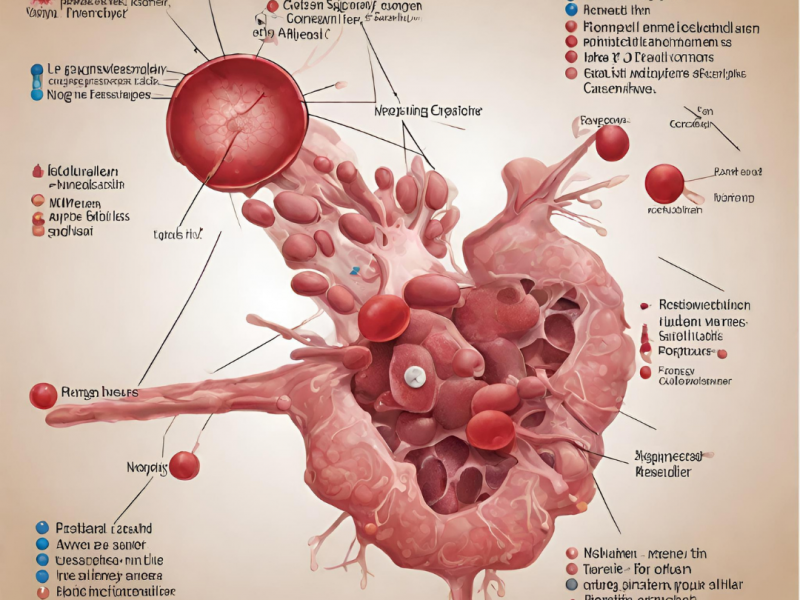Investigating the mechanisms of epigenetic modifications in facilitating anti-PD1 drug resistance in hepatocellular carcinoma

Project Summary:
Objective: One prominent gene will be selected from the single-cell ATAC sequencing results of clinical tumour samples from hepatocellular carcinoma (HCC) patients with or without resistance to anti-PD1 treatment from the research team. We aim to investigate the role of the candidate gene in immune modulation, which results in the anti-PD1 resistance in HCC.
Background: HCC is a highly malignant cancer and ranks fourth among the most common cancer-related deaths globally [1]. Anti-PD-1, one of the representative immune checkpoint blockers, is a novel and promising immunotherapy for HCC [2]. However, the drug resistance to anti-PD-1 therapy becomes one main factor hindering its clinical application in HCC treatment [3]. However, the effects of epigenetic modifications on anti-PD-1 resistance development and the underlying mechanisms remain unclear.
Deliverables:
Student(s) are required to complete a one-page research poster and a 500-word research reflective essay, respectively accounting for 50% and 20% respectively of the course assessment. Course participation will account for 30% of the course assessment. Students are expected to generate their own data analysis reports and can contribute to the research team. It is believed that students will understand more about scientific research and develop interests in further studies.
Preferred discipline(s):
Year 2 or Year 3 undergraduate students who understand the fundamental principles and concepts of cellular/molecular biology/bioinformatics are preferred.
Project Essential Skills:
- Learning skills: student(s) are expected to learn the project-related theoretical knowledge and develop practical skills with the guidance of mentor during the 3-month research project module. Therefore, the intrinsic learning motivation and ability are essential.
- Basic experimental skills: student(s) who used to learn how to conduct molecular/cellular/ animal experiments and are enthusiastic about accumulating more experience in wet lab experiments are preferred.
- Trouble shooting skills: when facing problems during conducting experiments, student(s) are required to develop the ability of critical thinking, keep a good communication with their mentor and timely formulate a plan for promoting the project to the next stage.
Other Selection Criteria (if any):
Student(s) should have a good sense of responsibility and a positive attitude towards their research work. Student(s) with the ability of keeping good collaboration and communication with their mentor and lab mates are expected.
Details of supervision arrangements:
In this course, student(s) will gain the opportunity to get enough exposure to the biological experiments. Supervision and guided self-learning are expected during the learning period.
The progress meeting will be conducted physically and the duration and frequency of the meeting will be strictly guaranteed according to the course guidelines (a minimum of 8-12 contact hours per month with each student), which aims to provide students with constructive and effective suggestions on their research progress.
Student(s) will have opportunities to get hands-on experience on the basic science research. In addition to the responsible supervision and patient guidance of the mentor, experienced postdoctoral fellows and PhD candidates in our team will provide student(s) with various standard experimental operation demonstration and offer timely help and strong support during the research project.
References:
Global Burden of Disease Cancer, C., et al., Global, Regional, and National Cancer Incidence, Mortality, Years of Life Lost, Years Lived With Disability, and Disability-Adjusted Life-Years for 29 Cancer Groups, 1990 to 2017: A Systematic Analysis for the Global Burden of Disease Study. JAMA Oncol, 2019. 5(12): p. 1749-1768.
Donisi, C., et al., Immune Checkpoint Inhibitors in the Treatment of HCC. Front Oncol, 2020. 10: p. 601240.
Lei, Q., et al., Resistance Mechanisms of Anti-PD1/PDL1 Therapy in Solid Tumors. Front Cell Dev Biol, 2020. 8: p. 672.